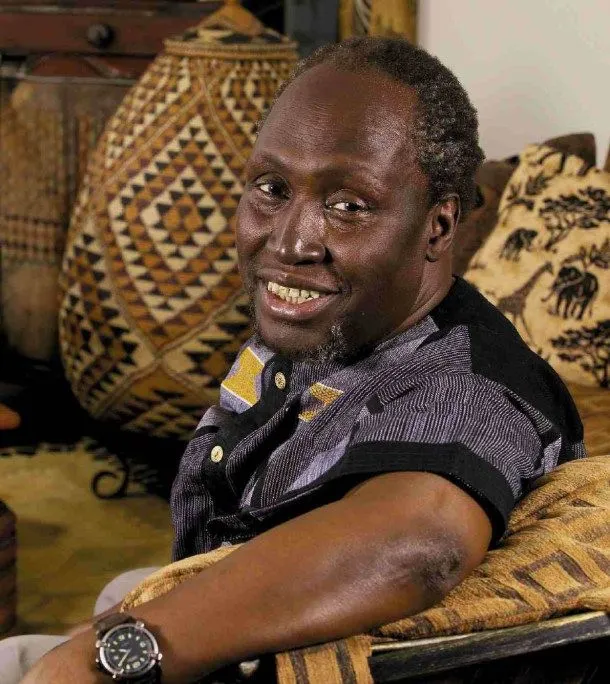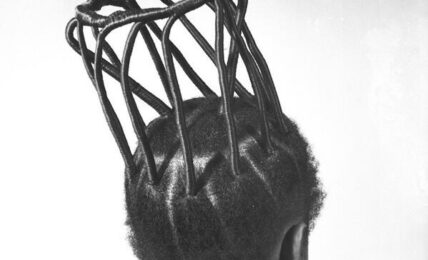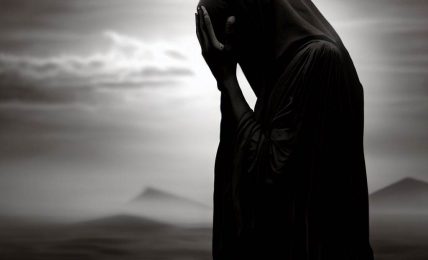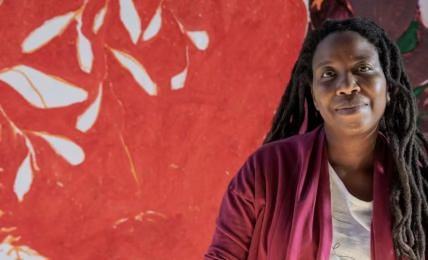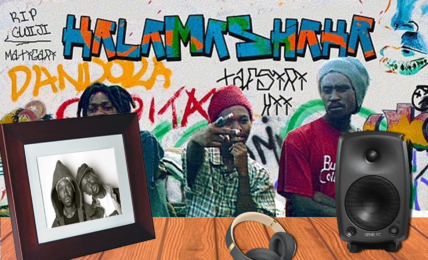Ngûgî wa Thiong’o: The Dilemma of the Critical African Voice
Ngûgî wa Thiong'o was particularly keen in attacking Western hegemony: colonialism, religion, education, language and culture in his writings. He had no good word for colonialism. And he was as unapologetic as he was consistent.
